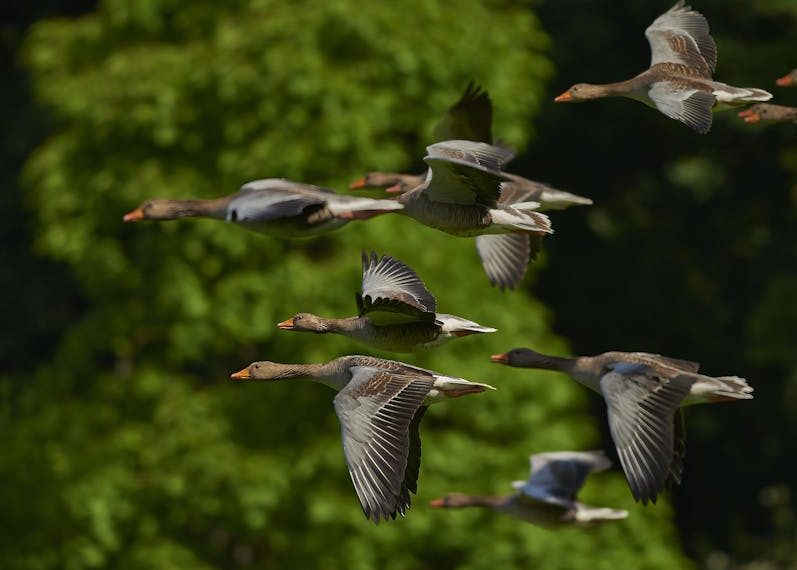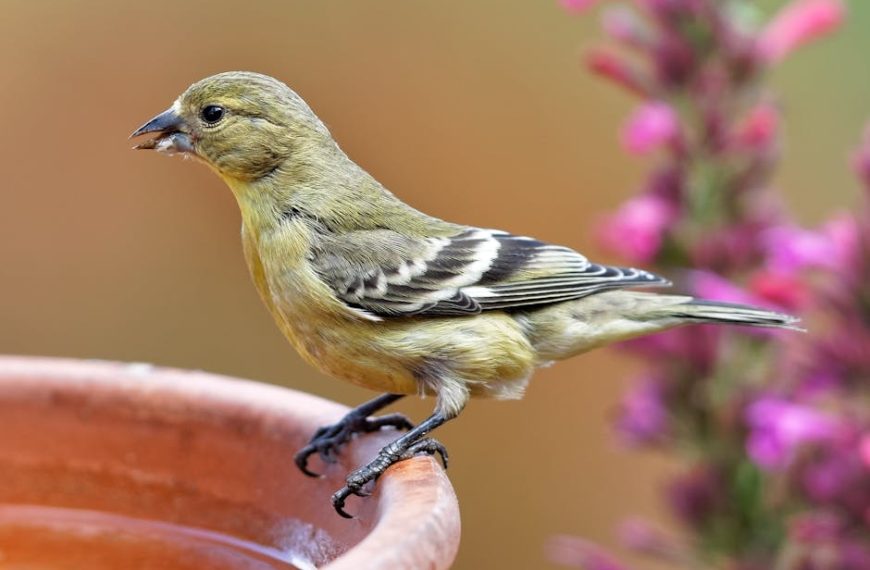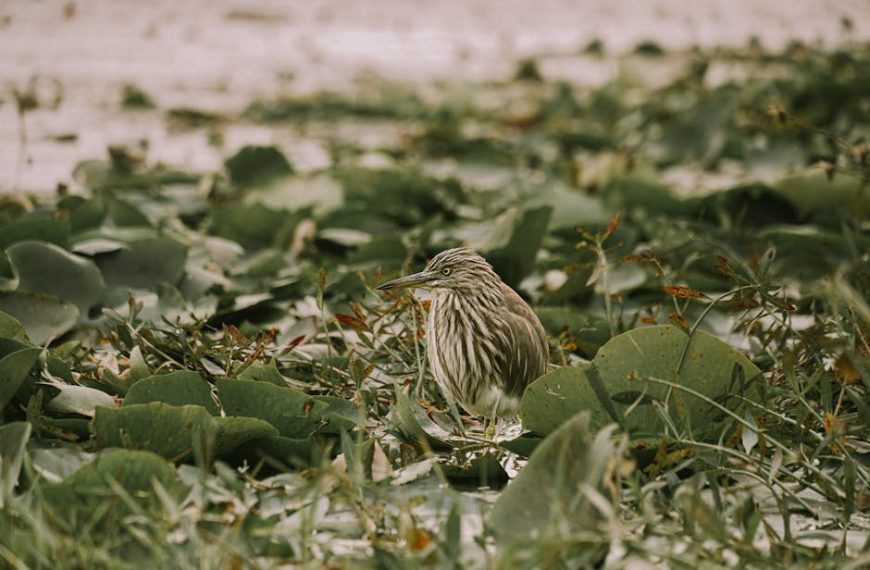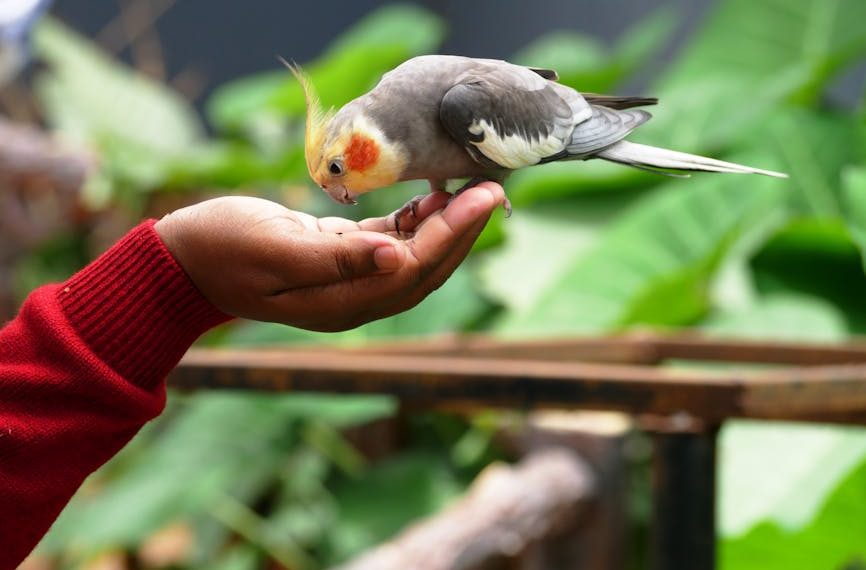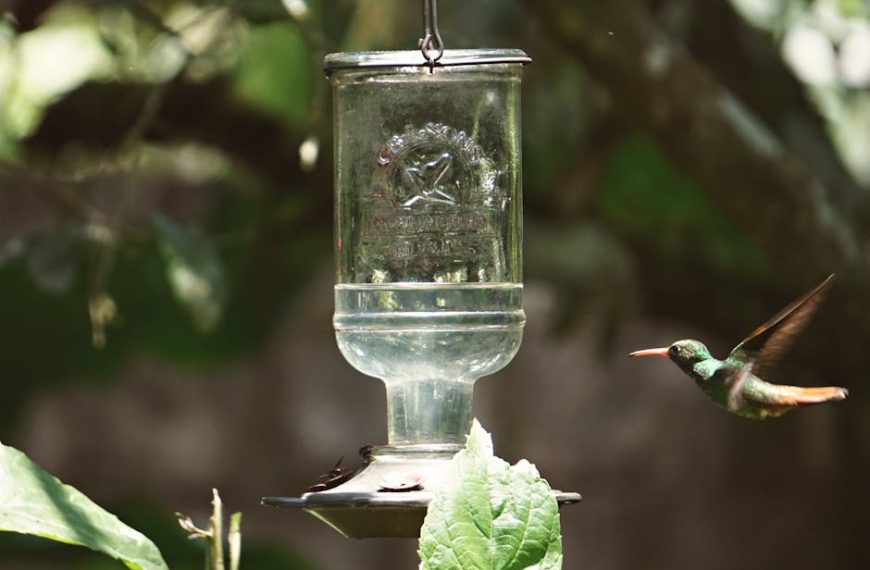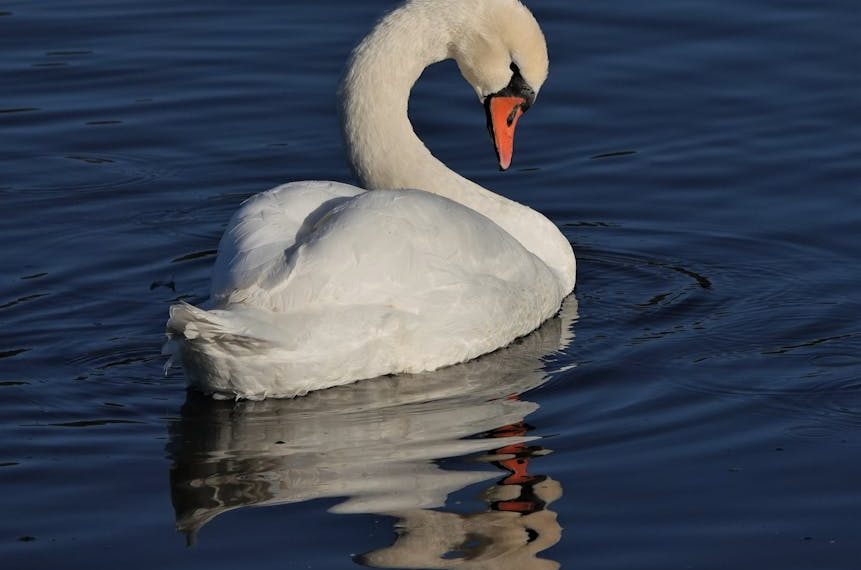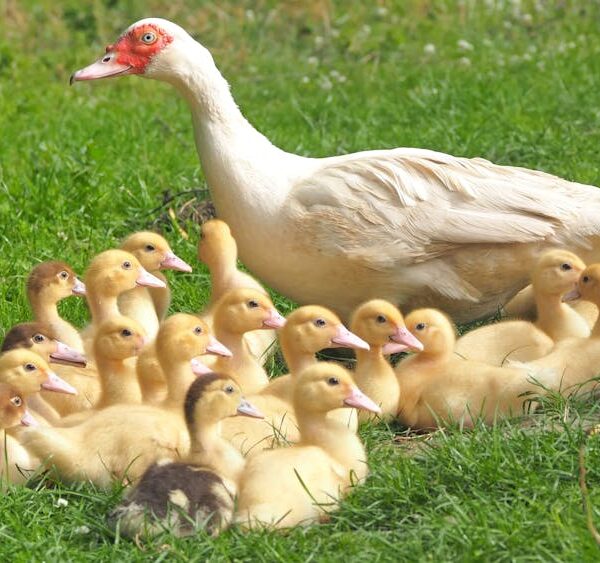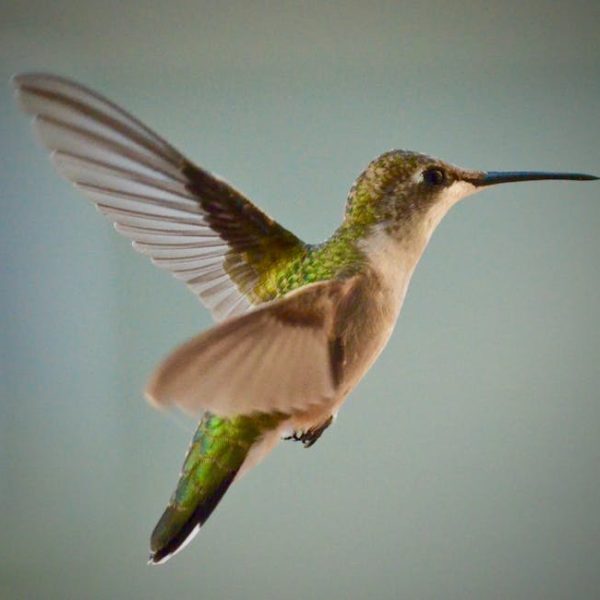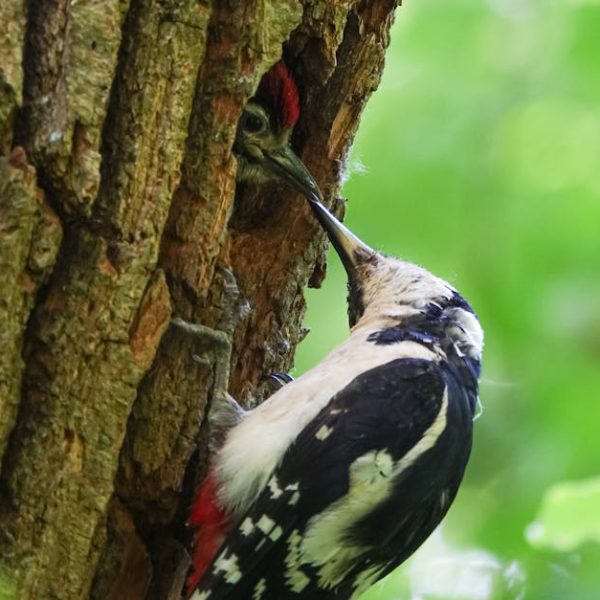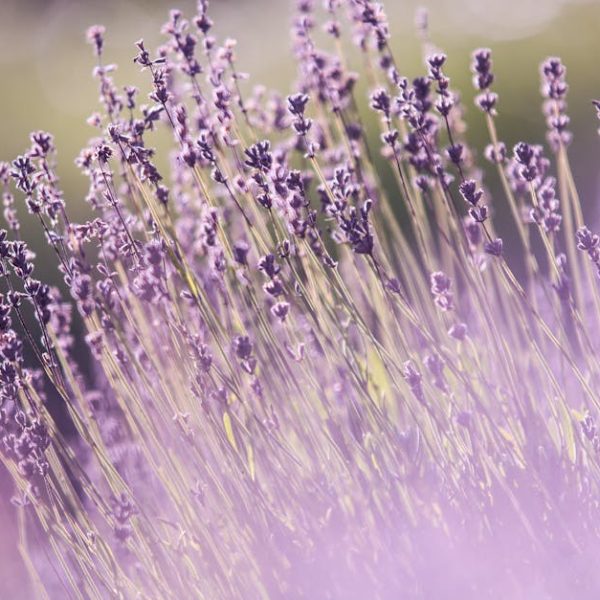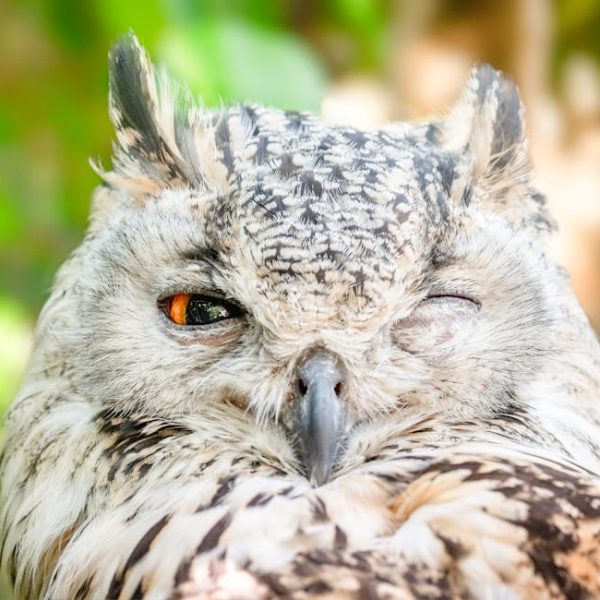Remember the excitement you felt when you first spotted that vibrant hue of feathers dancing in the midst of a Petco store—a lovely pair of love birds, captivating your admiration. Whether that memory is a recent event, or you’re just starting to consider the thought of welcoming love birds into your home, it’s important to understand what owning these charismatic creatures entails—from cost to care.
Understanding the Price of Love Birds at Petco
A key aspect of planning for pet ownership is understanding the investment you’re about to undertake. Seeking to purchase love birds from Petco? Let’s talk about costs. The love birds available in Petco vary significantly in terms of their price, depending on a number of factors.
The bird’s species, size, age and color are vital elements that influence the cost. For instance, a Peach-faced Lovebird would cost differently from a Fischer’s Lovebird or a Masked Lovebird. Furthermore, prices may also be influenced by condition at purchase, gender, and whether the birds are hand-raised or parent-raised.
Remember, a quality pet bird from a reputable breeder or pet store like Petco, in better health, and more likely to be friendly, may cost more than one from a less credible source.
Comparison Table: Average Price of Different Species of Love Birds at Petco
“`html
| Species | Average Cost(USD) |
|---|---|
| Peach-faced Lovebird | 50-100 |
| Fischer’s Lovebird | 75-200 |
| Masked Lovebird | 80-170 |
“`
The Initial Setup Cost for Love Birds
Once you’ve bought your love birds, you’ll want to ensure their living environment is as comfortable as possible. Initial setup costs encompass the cage, toys, setup costs itself, and food.
Every love bird deserves a spacious, well-equipped cage for them to feel safe and at home. Cage prices differ based on size and material, but you should estimate the price between $50 and $200.
Toys and perches are indispensable for your love bird’s mental and physical stimulation. Varying sizes, textures, and types of toys should be included, and a pair of love birds would enjoy between $10 – $50 worth of toys. Meanwhile, keeping your birds content means making sure they eat well. Initial stock of food would reasonably set you back around $10 – $25 depending on the brand and type of bird food.
Checklist for Initial Setup
- Spacious, sturdy cage
- Variety of toys and perches
- High-quality bird food
- Water and food bowls
Ensuring your love birds settle into their new home requires a fair bit of expenditure but, rest assured, it will be well worth it when you see your feathery companions thriving.
Maintaining Love Birds: Recurring Costs
Just like any pet, beyond the initial investment, there are ongoing costs to consider. For lovebirds, this mainly includes food, cage bedding, treats and potential vet check-ups.
Lovebirds go through roughly $10 – $20 worth of food per month, depending on the brand and type you’re feeding them. If you want to treat your little ones to snacks or use treats as training aids, anticipate an additional cost of around $5 – $10 monthly.
Also, every birdie home needs to be routinely cleaned and freshened up. Depending on how often you change your bird’s bedding and the type you decide upon, you can expect to pay anywhere from $10 – $20 each month.
Lastly, it’s absolutely crucial to plan for occasional vet visits. Look out for your love birds’ health and schedule an annual visit at least, if not bi-annually. This could cost upwards of $50 per visit, depending on the practice and location, though prices will vary.
Pro Tips
- Buying bird food and bedding in bulk can help reduce ongoing costs.
- Homemade toys and treats can be a cost-effective and enriching alternative.
- Regular, routine care can help prevent costly health issues.
Love Birds Care and Management Tips
Congratulations! Now that you’re a proud love bird parent, it’s essential to shift the focus to keeping them not just alive, but happy and thriving. Love birds require a balanced diet, social interaction, regular exercise, and mental stimulation to keep them at their best.
Lovebirds enjoy a staple diet of pellets, supplemented with fresh fruits and veggies. Make sure to offer a variety, as this will keep their diet balanced. They also need fresh water available at all times.
Remember, as social beings, your love birds love spending time with you and each other. Build a bond with them by setting aside dedicated time for interaction every day.
Encourage your birds to exercise and play, using toys or puzzle feeders for mental stimulation. Training them to perform tricks can also serve as both fun and exercise.
Remember to keep their environment clean and hygienic. A dirty cage can lead to disease. Routinely clean the cage, change bedding and disinfect the toys.
Additionally, ensure that they get regular vet check-ups, particularly if you notice a change in their behavior or appearances.
Best Practices for Care and Management of Love Birds
- Provide a balanced diet
- Ensure regular social interaction and playtime
- Keep their environment clean
- Schedule regular vet visits!
Understanding Love Bird’s Health Indications
Just like us humans, love birds show signs of discomfort or disease. It’s crucial for you to understand these as early detection can prevent an illness from worsening.
Typical signs of poor health in love birds include change in feces, loss of appetite, listlessness, difficulty in flying or breathing, unusual feather plucking or bald spots.
In such instances, it is always recommended to take your lovebird to a vet for a checkup. Trying to treat the bird at home without proper knowledge could accidentally worsen the situation. Remember, it’s better to be safe than sorry!
Comparison: Seeking Professional Help vs. Home Care
“`html
| Options | Pros | Cons |
|---|---|---|
| Professional Help | Experts in bird health, accurate diagnosis, and appropriate treatment. | Could be costlier. |
| Home Care | Immediate first aid, no need for travel. | Potential misdiagnosis, can exacerbate the issue if not equipped with proper bird care knowledge. |
“`
Bringing love birds into your life is undoubtedly a joyful adventure, but it does come with responsibilities. However, with proper knowledge on costs, care and health management, you can ensure your feathery friends lead a bright and joyous life!
Key Takeaway:
- Love birds at Petco come at varying prices, influenced by factors like species, size, age, color, condition at purchase, gender, and whether they are hand-raised or parent-raised.
- Apart from the purchase cost, initial setup costs for love birds include a cage, toys, food, and setup itself.
- The ongoing, recurring expenses for love bird care involve costs for food, cage bedding, treats, and potential vet check-ups.
- Love birds require constant care and attention which includes a mixed diet, social interaction, and regular exercise.
- Awareness of health indications can be lifesaving for your love birds. It’s crucial to spot early signs of discomfort and take them to a vet instead of attempting treatment at home.
Owning love birds can be a fulfilling and delightful journey. It demands commitment, preparation, and a heart full of love, but the joy and companionship these feathered pets bring make it all worth it.
FAQs
Q: How long do love birds typically live?
A: With proper care, love birds can live up to 10 to 15 years, sometimes even longer.
Q: Is it okay to keep just one love bird?
A: Love birds are social animals and they thrive on interaction. While they can survive alone, they might experience loneliness and boredom leading to behavioral problems. It’s generally recommended to keep them in pairs.
Q: Can love birds eat human food?
A: Love birds can safely eat some human foods such as fruits and vegetables. However, avoid feeding them avocado, chocolate, caffeine, or alcoholic beverages as these can be harmful to them.
Q: What type of cage is best for love birds?
A: Love birds need a cage spacious enough to comfortably move around and stretch their wings. Opt for a sturdy cage with horizontal bars for climbing, and ensure it has a safe, non-toxic finish.
Q: How often should love birds visit the vet?
A: Providing proactive vet care is essential for your love birds’ health. Regular check-ups, ideally once a year or per any noticeable changes in their behavior or appearance, are recommended.
Remember, love birds are not just pets, but companions. They bring color, life, and joy to your home, but they deserve adequate care and love in return. If you found this article helpful, feel free to explore more on our website and share this guide with other future love bird parents!

